In the ongoing saga surrounding the Enforcement Directorate's (ED) summons to Chief Minister Arvind Kejriwal, a Delhi court has now directed the Aam Aadmi Party (AAP) leader to appear in court on March 16. This development follows the central agency's pursuit to question Kejriwal regarding the Delhi excise policy case, citing his repeated non-compliance with earlier summons under the Prevention of Money Laundering Act.
Kejriwal's refusal to adhere to the summons has led to accusations against the Narendra Modi government, with him alleging the misuse of central agencies like the ED to target opposition figures. Despite the issuance of eight previous summonses, Kejriwal has maintained his stance, criticizing the government's tactics.
The most recent summons, issued in late February with a scheduled questioning on March 4, was disregarded by Kejriwal, who deemed it "illegal." He expressed willingness to cooperate via video-conferencing, an option dismissed by the ED, which insisted on a physical appearance, citing procedural constraints.
In a related development, the ED had previously arrested two prominent AAP leaders, former Deputy Chief Minister Manish Sisodia and Rajya Sabha MP Sanjay Singh, in connection with the money laundering case linked to Delhi's defunct excise policy. Kejriwal's involvement in the case has been underscored in charge sheets filed by the ED, alleging communication between the accused and the Chief Minister during the policy formulation phase.
Kejriwal's response to the summons has been laden with political undertones, accusing the Centre of resorting to coercive measures against dissenting voices. He suggested a quid pro quo scenario, insinuating that joining the Bharatiya Janata Party (BJP) could halt the ED's summonses.
The AAP has also raised concerns over the ED's failure to specify the capacity in which individuals are summoned, highlighting court rulings demanding such clarity. Criticizing the central government's perceived disregard for judicial directives, the AAP has portrayed the summons as yet another instance of governmental overreach.
As the legal battle ensues, the confrontation between the AAP-led Delhi government and the central authorities underscores the broader political tensions gripping the nation's capital.







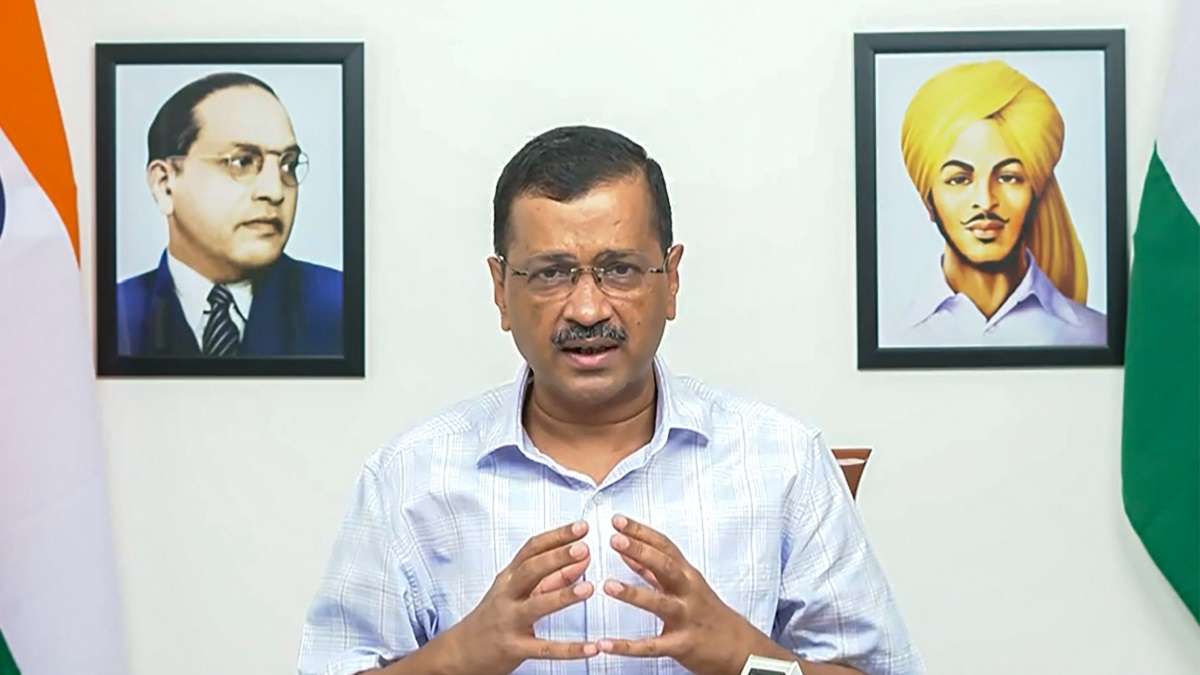
 OpinionExpress.In
OpinionExpress.In


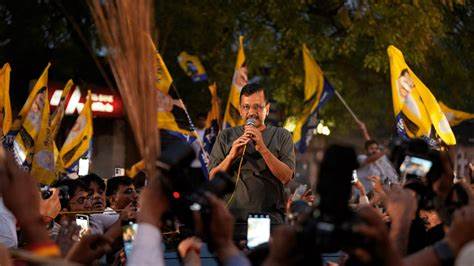
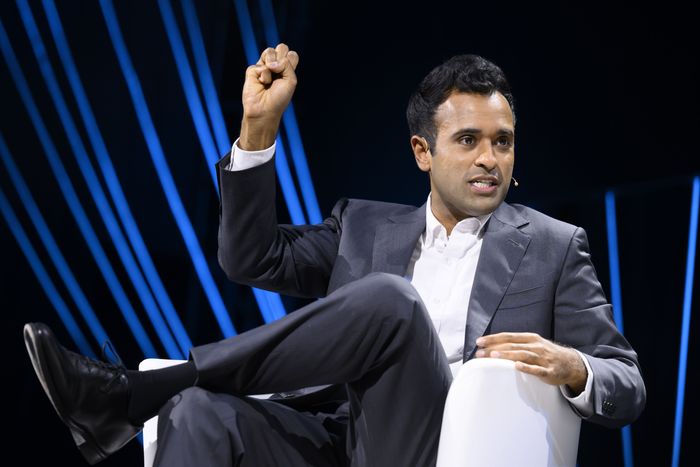

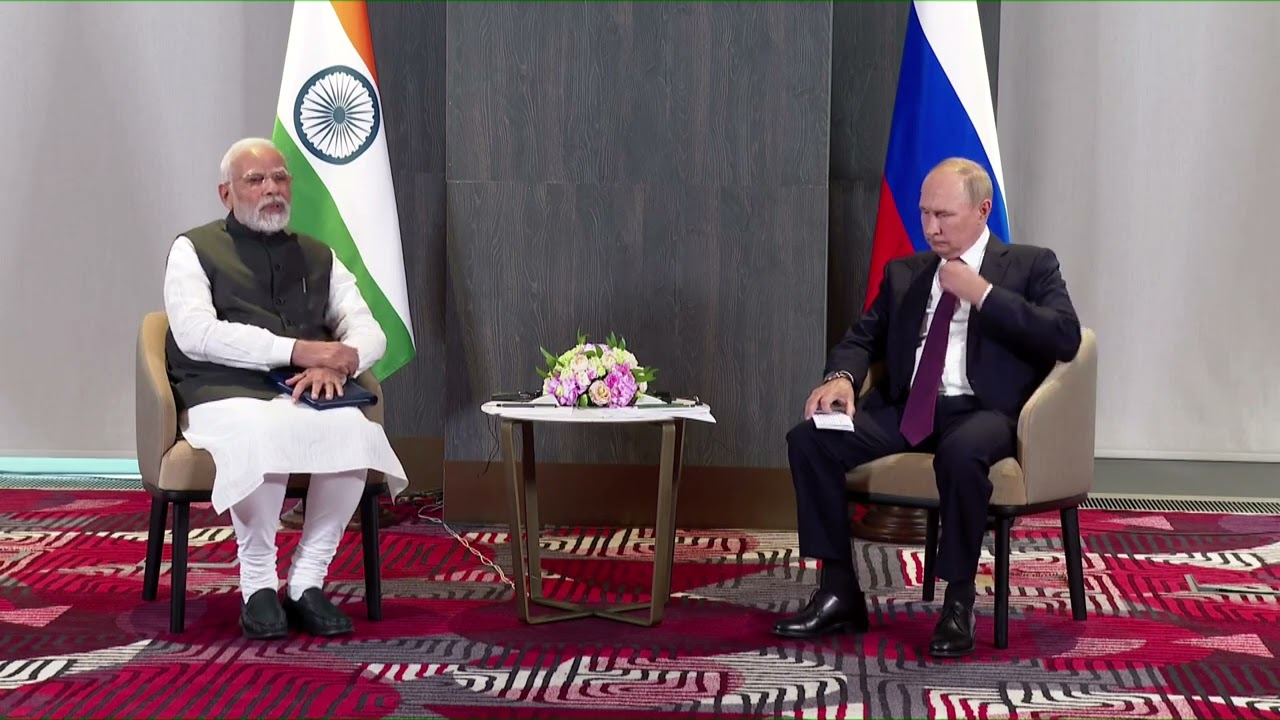
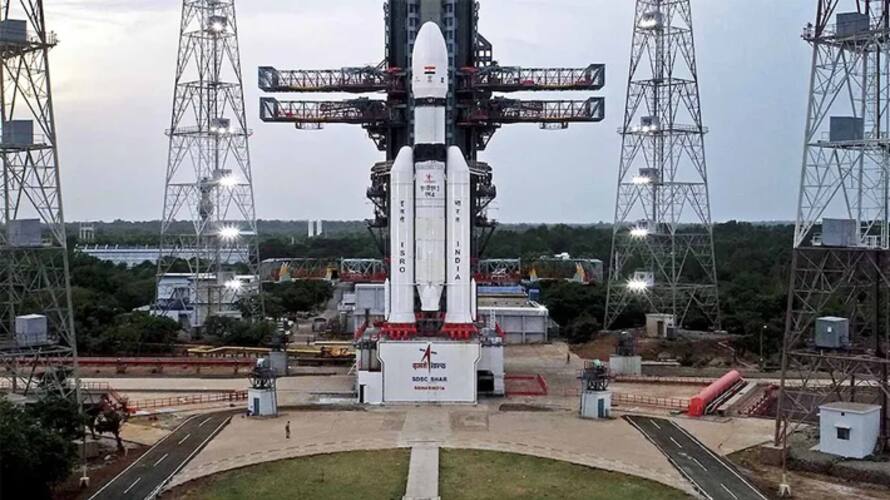
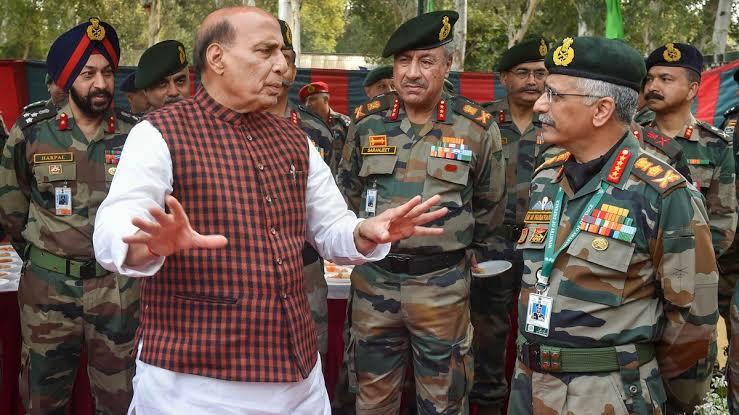
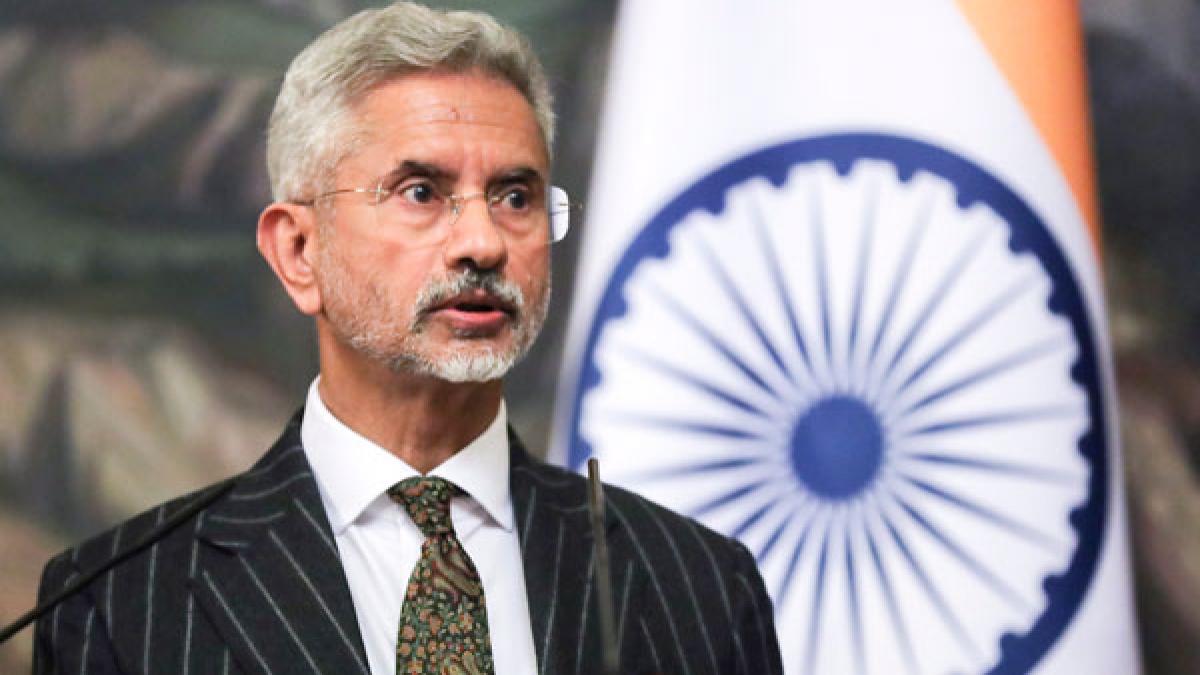






Comments (0)